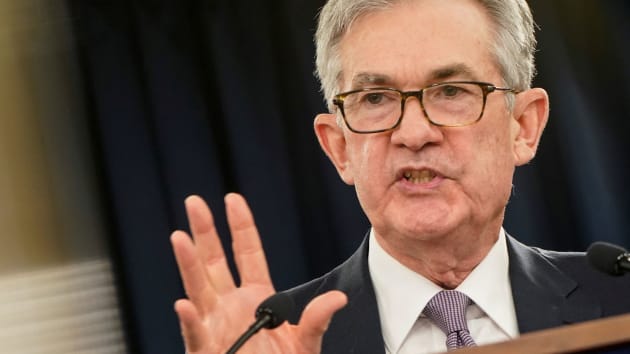Can monetary policy really benefit minority groups in the U.S.? Chenyue Zhu, Impact Investing Intern, Georgetown University
Facing the global challenge of the COVID-19 pandemic and the declining stock market, the Federal Reserve made a bold move to reduce the fed funds rate to zero, trying to boost the economy as a whole.
However, it is uncertain whether minority groups will benefit from this policy. According to a report by the Fed, significant gaps exist between races and ethnicities in terms of interest rate on mortgages, and these differences vary geographically by State.
The government usually makes up those gaps through mortgage lending programs designed specifically for the disadvantaged. However, the country shows no sign of putting forward any targeted monetary policy corresponding to the changing interest rate.
Thus, people suspect that the current monetary policy will leave minority groups behind. In fact, according to Brookings Institution, Black businesses have long been undervalued, and their potential has yet to be developed.
To reverse the declining market economy, the U.S. government should keep an eye on the situation of marginalized groups.
Only when everyone is at the table can the economy can achieve healthy and sustainable growth in the long term.
